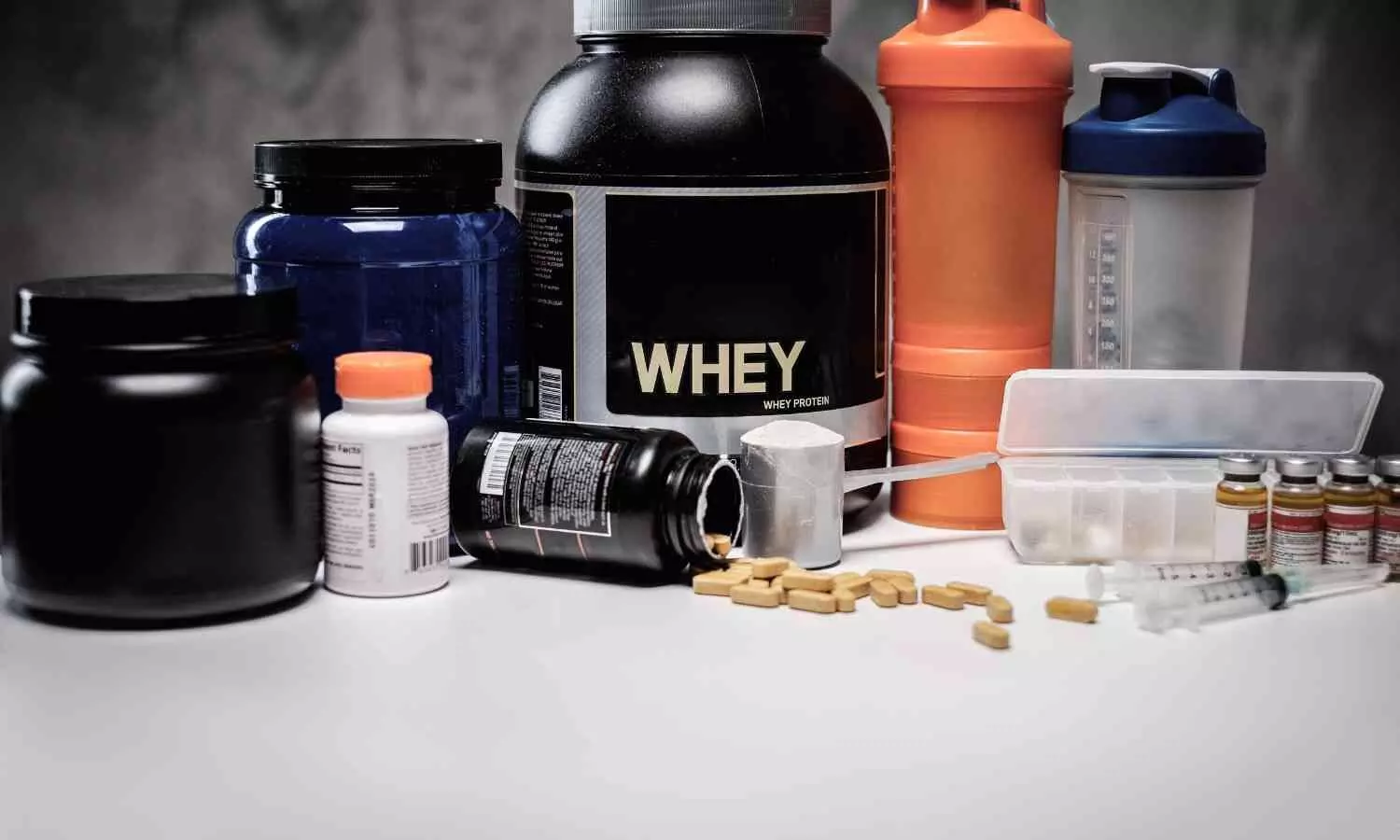FSSAI enforces stricter regulations on Protein Supplements after Study reveals misleading claims

New Delhi: The Food Safety and Standards Authority of India (FSSAI) is intensifying its rules and regulations on protein supplements after a recent study revealed numerous products with false and misleading claims.
The FSSAI's decision follows a comprehensive study indicating that many protein supplements sold in stores, online platforms and gyms have inaccurate claims. This initiative could lead to a ban on products that do not comply with the established norms.
As fitness awareness and popularity increases, the market for protein supplements is expanding. This growth has led to a rise in high-priced protein supplements available on e-commerce platforms such as Healthkart and Amazon. These products are often priced between ₹2,000 and ₹6,800 for 2-3 kg jars.
A study published in journal "Medicine" analysed 36 popular protein supplements sold in India and revealed alarming findings.
Nearly 70% of these products had incorrect protein information, with some brands providing only half of the protein content they claimed. Additionally, around 14% of the supplements were found to contain harmful fungal aflatoxins, and 8% had traces of pesticide residue. This study was reported by The Print.
Clinical researchers from Rajagiri Hospital in Kerala and a US-based technology entrepreneur noted that most Indian-made herbal protein-based supplements are of poor quality and contain liver-toxic botanicals. They emphasized the urgent need for stringent scrutiny, regulation, and basic safety studies for the protein-based herbal and dietary supplement industry before products are marketed.
This FSSAI crackdown aimed to protect consumers from misleading claims and ensure the safety and efficacy of protein supplements available in the market. By enforcing stricter regulations, the FSSAI seeks to maintain the integrity of the fitness supplement industry and safeguard public health.
In conclusion, the FSSAI's enhanced regulatory measures are a response to growing concerns over the quality and safety of protein supplements in India. This move is expected to lead to significant changes in the industry, promoting transparency and consumer trust.


